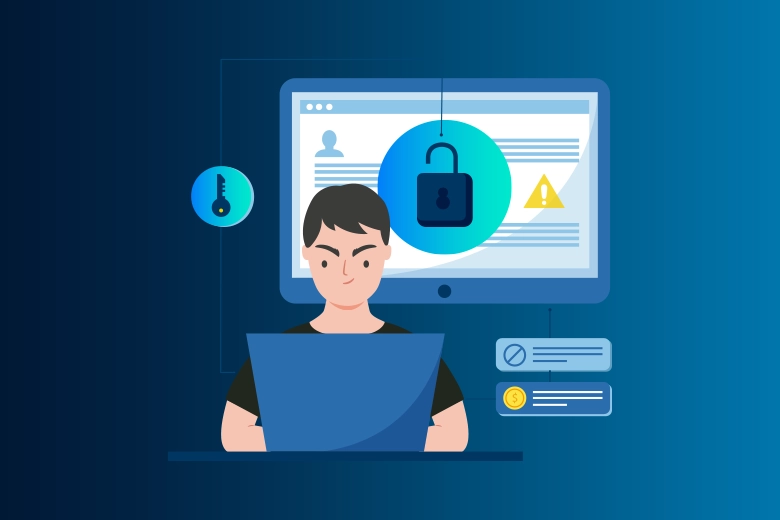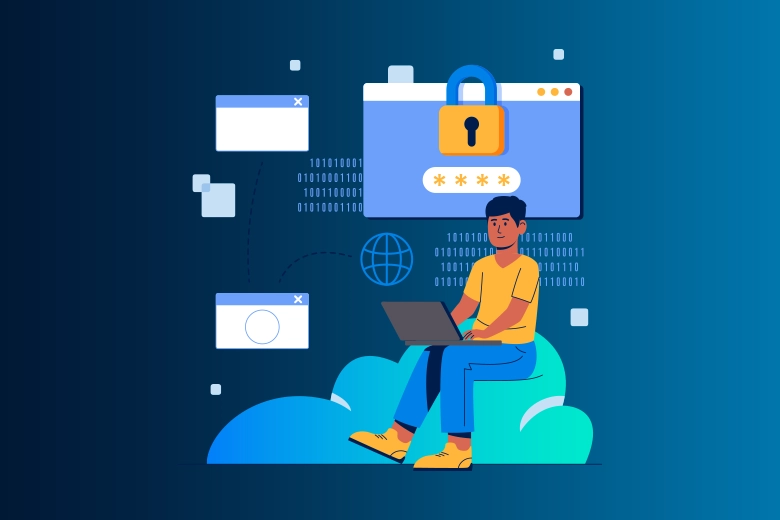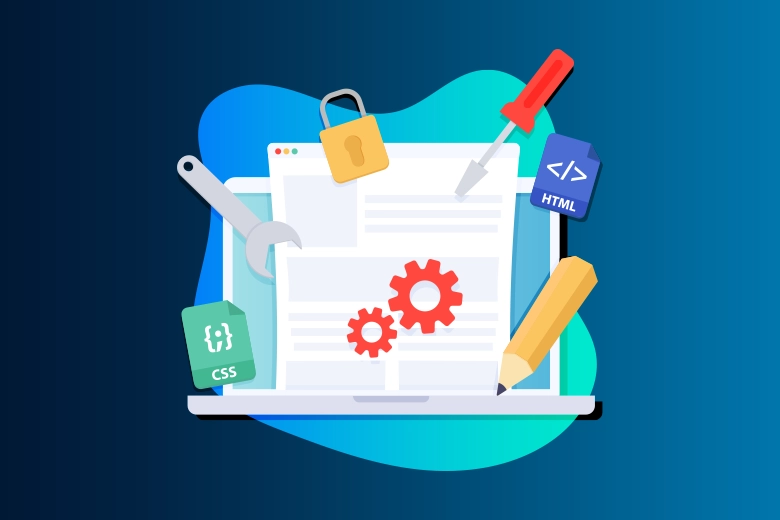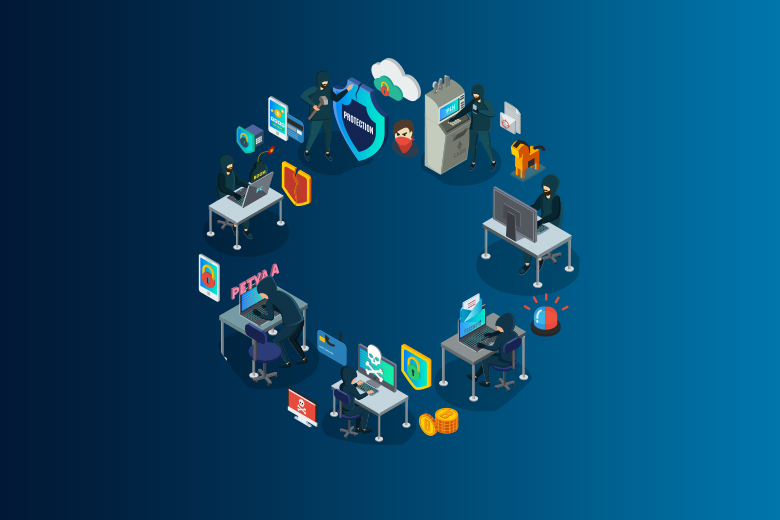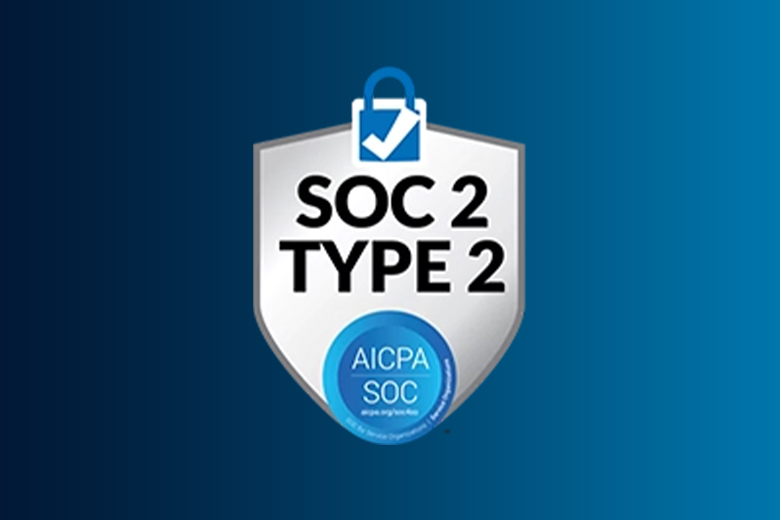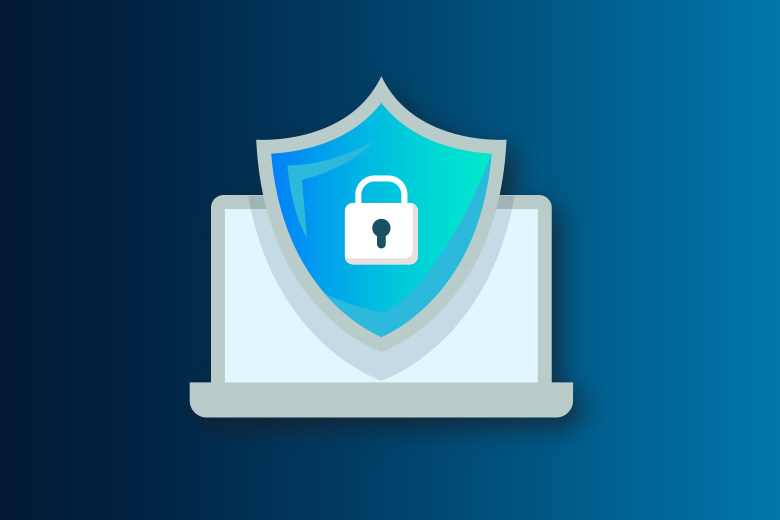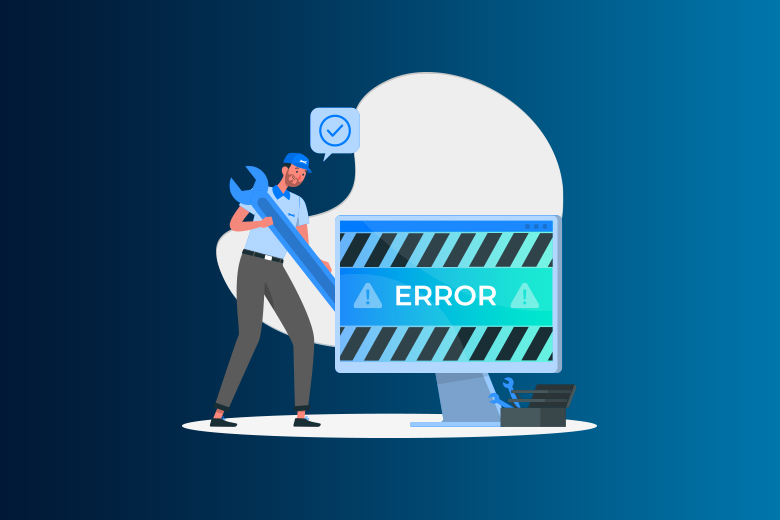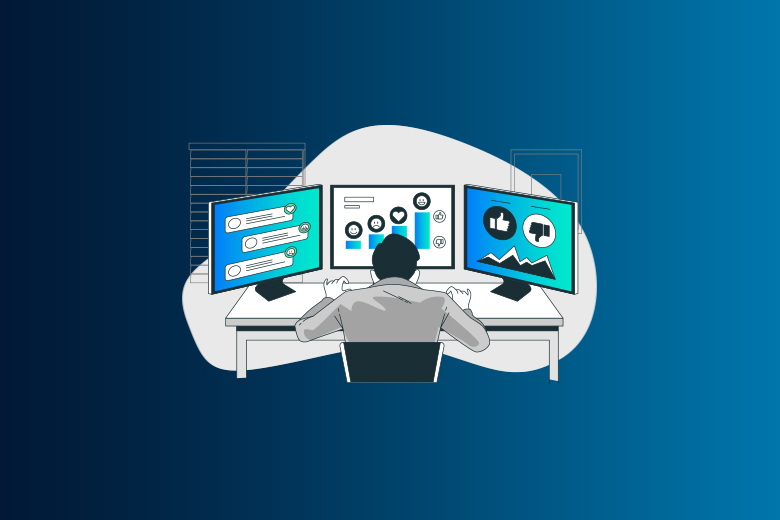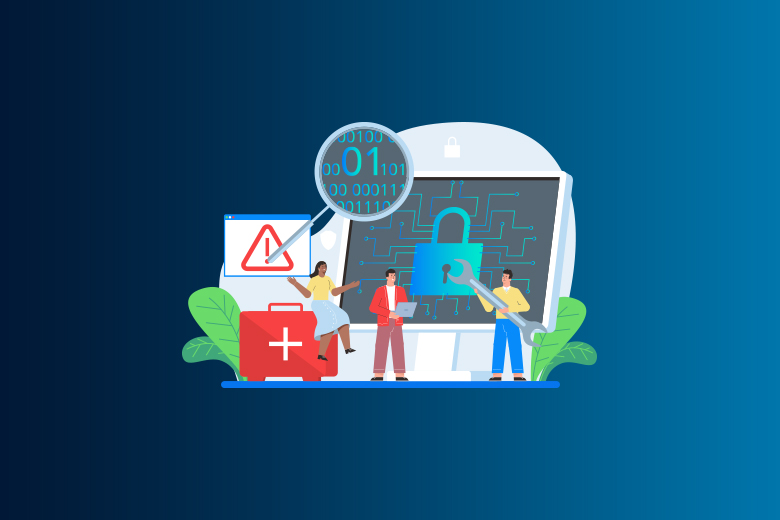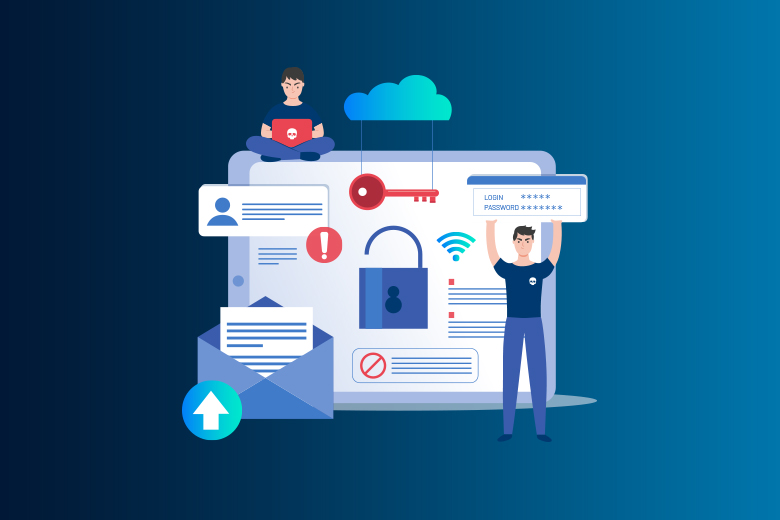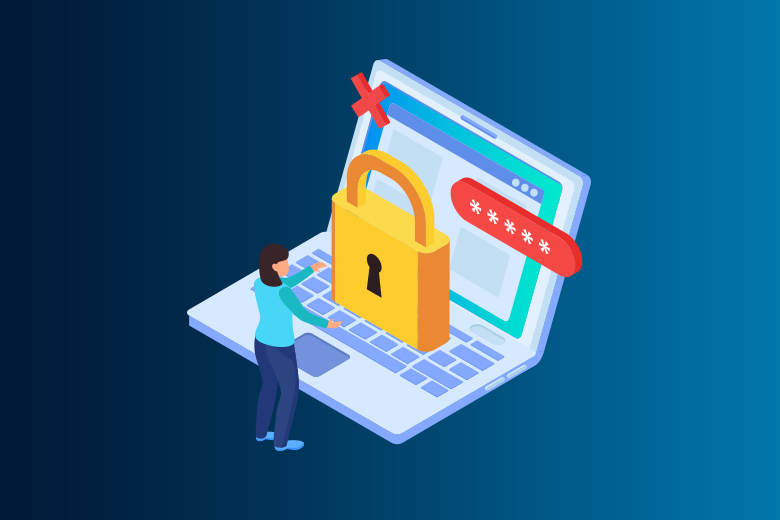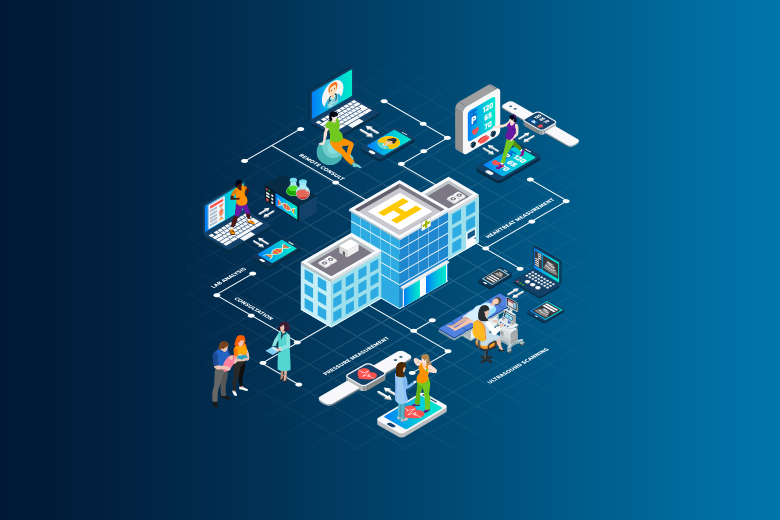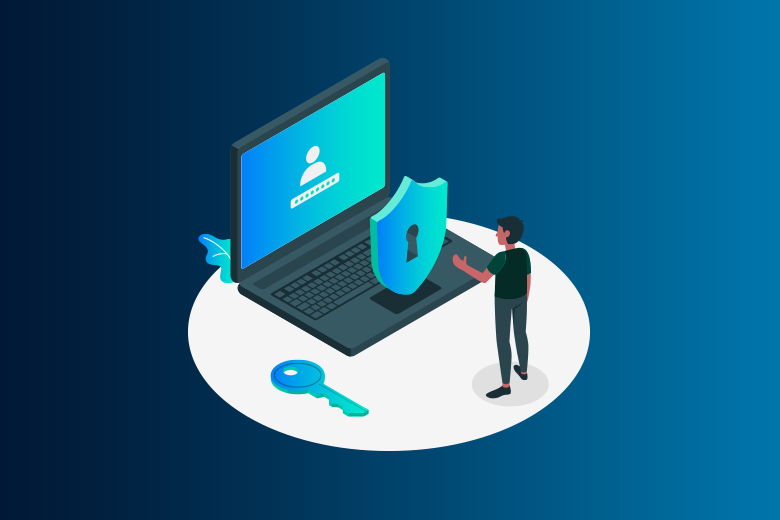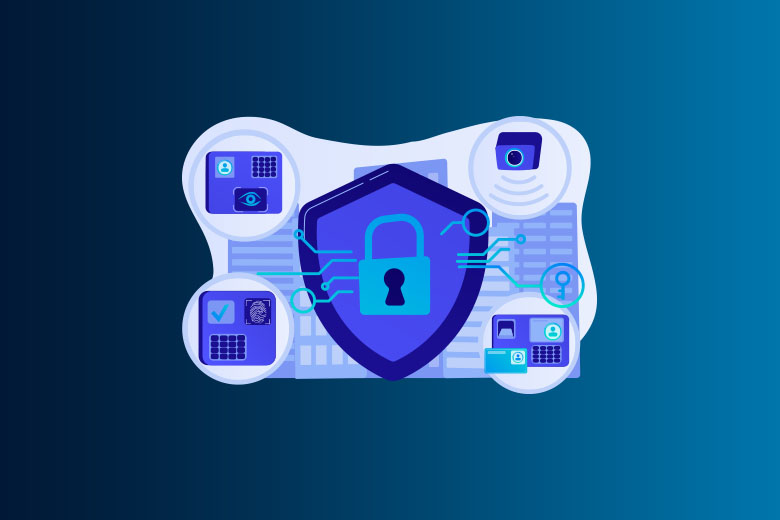30 January 2024
SafeAeon Inc.For a small business, getting a government deal can feel like hitting the jackpot. However, bigger challenges need to be undertaken first such as a Cybersecurity Maturity Model Certification (CMMC) for a profitable journey. Smaller businesses may find it difficult to follow this strict set of security rules, which are meant to protect private government data. Do not be afraid, brave business owners! Even though CMMC compliance is hard, it's not impossible to reach.
Understanding the environment is crucial. The Department of Defense (DoD) is testing CMMC 2.0 in 2024. It is a layered system that can handle different amounts of data. In other words, some contracts are easier to follow than others, which could be helpful for smaller businesses. Another factor alleviating the impact of CMMC involves the introduction of new information and programs designed to help small businesses. The DoD announced in April 2023 that it would give $75 million in grants to small companies to help them pay for CMMC compliance costs.
However, challenges persist. Many small businesses can't afford to make the expenses needed to implement CMMC in terms of people, technology, and processes. Figuring out the complicated legal rules can be like reading old scrolls, so a lot of people need help from experts. However, the benefits are big. CMMC compliance not only lets you get lucrative government contracts, but it also makes your general cybersecurity stronger, which brings in new clients and business partners.
Join us as we talk about the details of CMMC requirements for small businesses. If you know what to do and have the right tools, you'll be ready to take on the sea of government contracts.
Who Needs to Comply with CMMC?
To meet the standards of CMMC once the final rules are set, more than 300,000 businesses will have to follow them because the defense industry is so big. This covers any company that receives, stores, processes, or sends Federal Contract Information (FCI) and/or Controlled Unclassified Information (CUI) about defense contracts, whether they are the main contractor or a subcontractor at any point in the supply chain.
These companies need to know what kinds of information they deal with and what program-specific CUI or FCI means. This could include different kinds of papers, like plans, instructions, and drawings, that could affect how the government works and people who serve in the military. If a small business isn't sure how this will impact them, they should carefully go over their present and future contracts. Any bids or contracts that include DFARs 252.204-7012, which says they need to follow NIST SP 800-171, will also have to follow CMMC compliance rules.
What Are CMMC Requirements For Small Business?
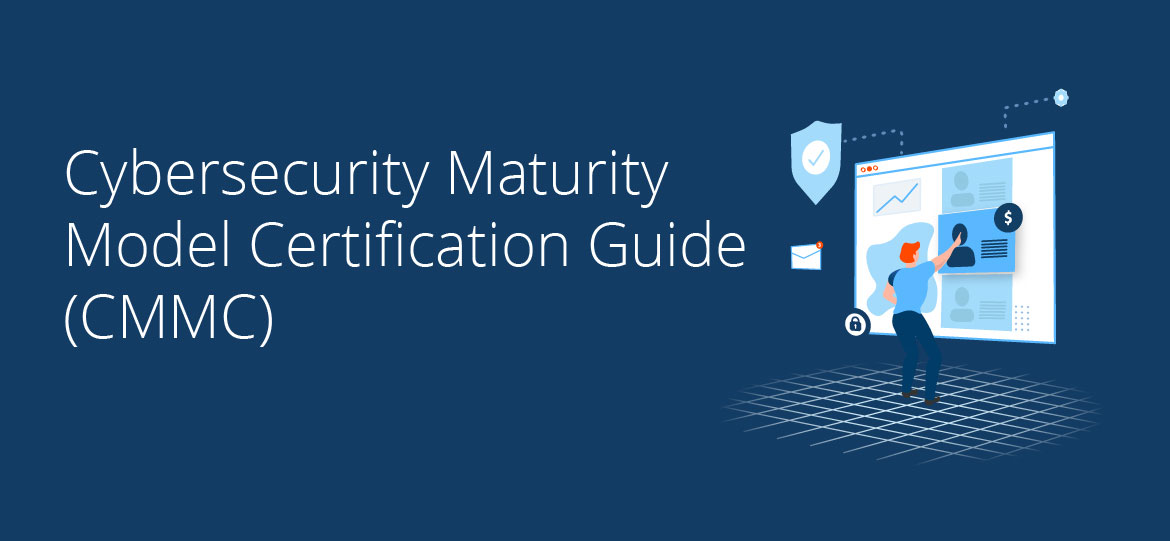
The Cybersecurity Maturity Model Certification (CMMC) used to have five levels of compliance, but in CMMC 2.0, this system was streamlined to just three levels. The 17 standards in Level 1 must be followed by all Department of Defense (DoD) contractors and subcontractors who handle Federal Contract Information (FCI). This includes doing an annual self-assessment, sending in the results, and getting a senior business official to sign off on them as true in the Supplier Performance Risk System (SPRS). Level 1 is all about basic computer hygiene, and many businesses may already be following it.
Under the old CMMC 1.0, companies that dealt with both FCI and CUI had to get Level 3 approval, which included 130 controls for keeping Controlled Unclassified Information (CUI) safe. About 1% of DoD contractors were needed to reach levels four and five. This was mostly true for those who worked with sensitive information that could be attacked by Advanced Persistent Threats. In January 2021, these first standards went into effect. The Department of Defense changed the CMMC in November 2021 to make it more affordable, especially for small companies. The goal of this change was to make the certification easier to understand and more in line with other government rules and generally accepted standards. It also made third-party tests better, paying extra attention to the Advanced and Expert level standards.
The CMMC has been changed so that it only has three levels instead of five. Level 1 stays the same. The new Level 2 is similar to the old Level 3, but there are some important differences. With a few important changes, the new Level 3 standards are similar to the requirements of the old Levels 4 and 5.
Level 1: Basic Skills
Level 1 includes 17 basic cybersecurity techniques that are needed to keep Federal Contract Information (FCI) safe. Before they can work on contracts or subcontracts with FCI, all government contractors must put these security measures in place.
These 17 steps are considered normal cyber hygiene best practices for all businesses, and a lot of small businesses are already taking some or all of them. Among them are:
- Using passwords and PINs to limit who can log in, making sure that only approved users can get into the system.
- Giving accounts to users and limiting the functions and activities that authorized users can do as a result.
- Keeping the networks that the business links to safe and using outside information systems as minimal as possible.
- Limiting how information is shared and posted, especially on information systems that are open to the public.
- Setting up accounts for all workers so that users, processes, and devices can be tracked.
- Using password authentication to make sure that people, processes, and devices are who they say they are before letting them into the company's IT systems.
- Erasing or damaging media that has FCI on it before using it again or throwing it away.
- Ensure authorized people from physically accessing computer systems, tools, and the areas where they work.
- Observing visitors and their activities by overseeing BYODs (Bring Your Own Devices).
- Taking care of and managing actual access devices.
- A firewall should be used to protect business computers and data.
- Implement Demilitarized Zone (DMZ) to secure the network when connecting to the internet, utilizing distinct networks for system components accessible to the public.
- Software's are regularly updated with the latest security patches.
- Leveraging antivirus software as a way of defense against malicious code.
- Keeping methods for protecting against malicious code up to date as new versions come out.
Level 2 (High Level)
There are big changes in CMMC 2.0 at Level 2, which is for members of the Defense Industrial Base who handle more critical Controlled Unclassified Information (CUI) that needs better security.
This level is the same as NIST SP 800-171, and small companies must follow FAR 52.204-21. Some of the parts are:
- Putting DNS blocking services in place.
- Managing non-vendor support goods on their own.
- Using systems to stop spam at entry points to information systems.
- Analyzing and ranking events to make decisions easier.
- Setting up processes for managing CUI data.
- Doing full backups of your info on a regular basis.
- Using identification and encryption to protect wireless access.
For Level 3, the following are compliance domains:
- Control of Access (AC)
- Taking care of assets
- Checking and Being Responsible (AU)
- Training in Awareness (AT)
- Taking care of configurations
- The process of identifying and authenticating
- Response to an Incident
- Fixing things (AM)
- Safety for the Media (MP)
- Protection (PE) and recovery (RE)
- Taking care of risks
- Check for Security (CA)
- Protection for Systems and Communications (SC)
- Integrity of the system and information
Contractors in basic Level 1 and some advanced Level 2 programs can do self-evaluations once a year. However, contractors in advanced Level 2 programs who handle sensitive national security information must have third-party evaluations done every three years.
Level 3 (Master)
Like Levels 4 and 5 in CMMC 1.0, Level 3 (Expert) includes methods from Levels 1 and 2 as well as some NIST SP 800-172 requirements. Some important habits are:
- Finding, analyzing, and reducing the damage done by malicious code.
- Every year, systems are checked against the latest danger information.
- Finding and fixing actions that aren't good for log management.
- Putting together and running a 24/7 active reaction team.
- Putting in place automated response steps and tracking assets in real-time.
Conclusion
Small businesses need to understand the details of CMMC standards in today's cybersecurity world. They need to make cybersecurity a priority, look at the ways they already do things, and make sure they meet CMMC standards. This proactive method not only makes their cybersecurity stronger, but it also makes them look like a reliable vendor and partner. To meet compliance standards, it's important to keep up with changes to CMMC guidelines and get help from experts. Small businesses can protect their digital assets, build trust, and stay competitive in a market that is becoming more security-conscious by doing these things. With SafeAeon you have full advantage to explore the seamless benefits of the digital world by keeping cyber risk at bay.

